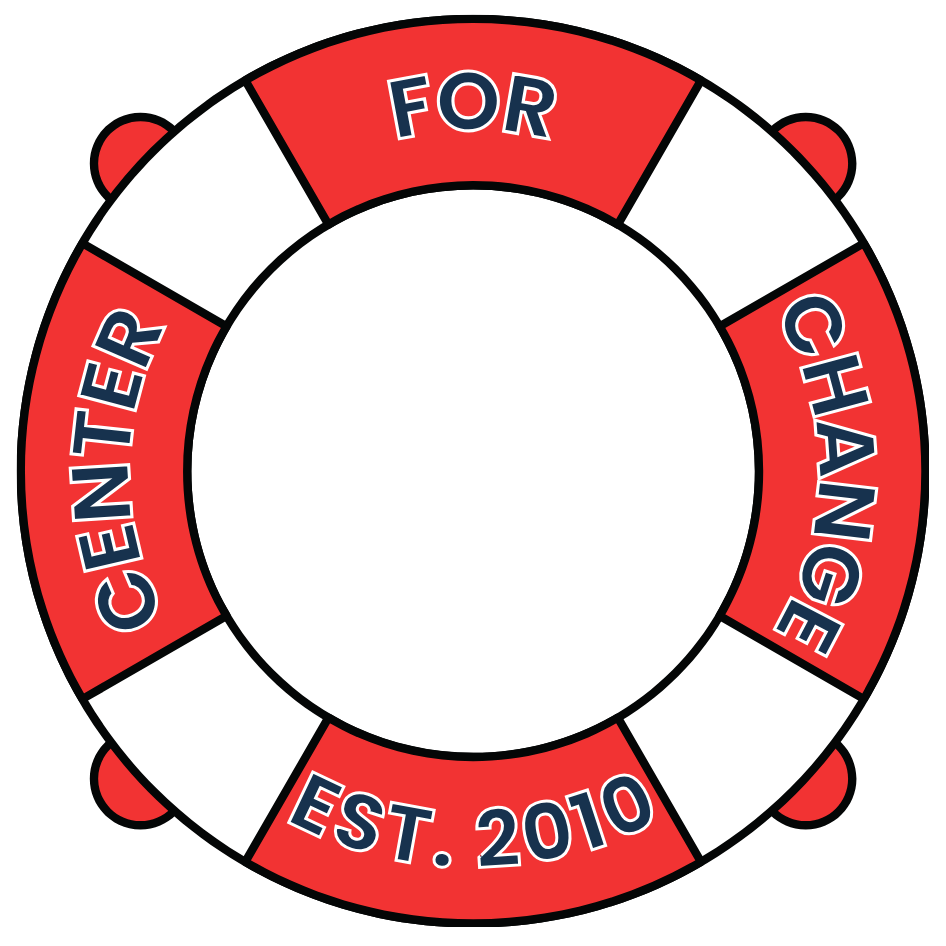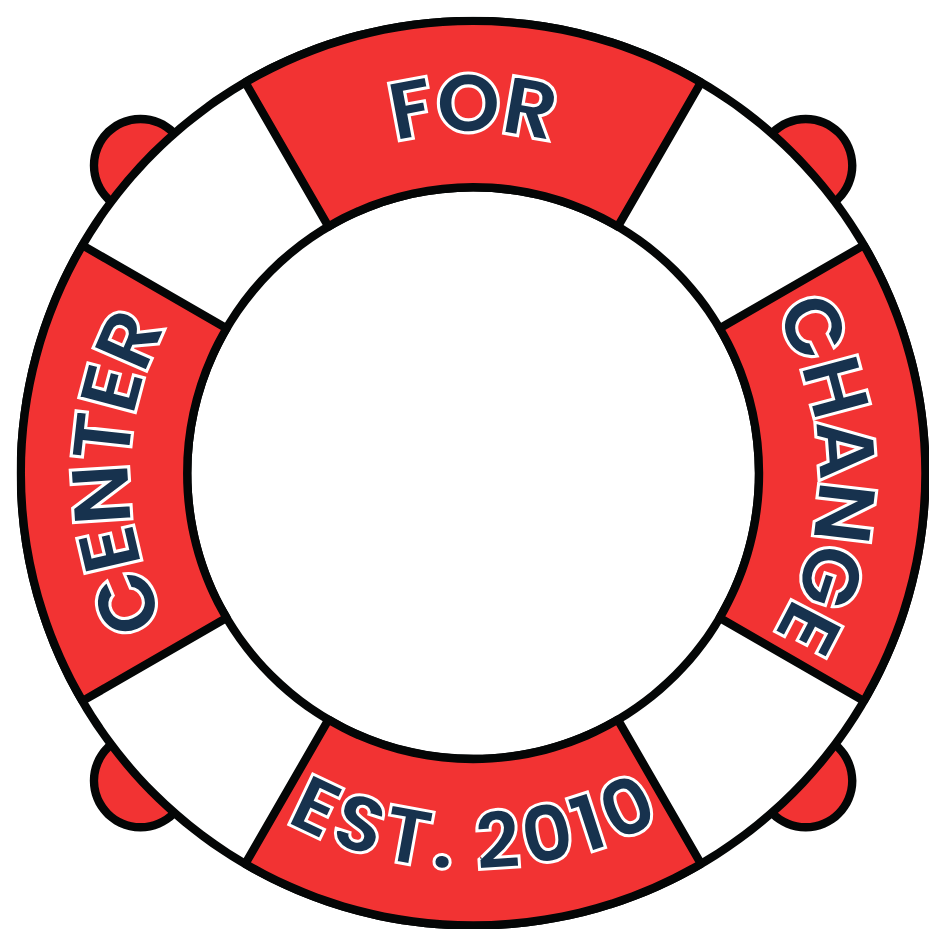The Advantages of Medication-Assisted Treatment
Combining Medications and Therapy for Effective Recovery
Medication-assisted treatment (MAT) is a highly effective method for treating various types of addiction, particularly opioid and alcohol use disorders. By combining medications with counseling and behavioral therapies, MAT addresses both the physical and psychological aspects of addiction. At Center for Change in Wichita, KS, we offer comprehensive MAT programs that provide clients with the support they need to achieve lasting recovery. This blog explores the advantages of MAT and how it can benefit individuals on their path to sobriety.
What is Medication-Assisted Treatment (MAT):
MAT involves the use of FDA-approved medications to manage withdrawal symptoms, reduce cravings, and normalize brain function. These medications are used in combination with counseling and behavioral therapies to provide a holistic approach to addiction treatment. The goal of MAT is to help individuals maintain long-term recovery by addressing the physical dependence on substances and supporting their psychological well-being.
Advantages of Medication-Assisted Treatment: MAT offers several significant advantages for individuals seeking recovery from addiction:
- Reduction of Withdrawal Symptoms: Medications used in MAT help alleviate the uncomfortable and sometimes severe withdrawal symptoms that occur when individuals stop using addictive substances. This makes the detoxification process more manageable and increases the likelihood of successful recovery.
- Craving Control: One of the most challenging aspects of addiction recovery is managing cravings. MAT medications reduce cravings, allowing individuals to focus on their recovery without the constant urge to use substances.
- Improved Retention in Treatment: MAT has been shown to improve retention rates in treatment programs. Clients who receive MAT are more likely to stay engaged in their treatment, which is crucial for long-term recovery success.
- Reduction of Relapse Risk: By stabilizing brain chemistry and reducing cravings, MAT lowers the risk of relapse. This is especially important for individuals with opioid and alcohol use disorders, where relapse can have severe consequences.
- Holistic Approach: MAT combines medications with counseling and behavioral therapies, providing a comprehensive approach that addresses the physical, emotional, and psychological aspects of addiction. This holistic approach enhances the effectiveness of treatment and supports overall well-being.
Medications Used in MAT: Several medications are commonly used in MAT, each tailored to specific types of addiction:
Opioid Addiction:
- Methadone: A long-acting opioid agonist that reduces withdrawal symptoms and cravings by activating opioid receptors in the brain.
- Buprenorphine (Suboxone): A partial opioid agonist that reduces cravings and withdrawal symptoms without producing the intense high associated with opioids.
- Naltrexone: An opioid antagonist that blocks the effects of opioids, preventing the high and reducing the risk of relapse.
Alcohol Addiction:
- Disulfiram: A medication that causes unpleasant reactions when alcohol is consumed, deterring individuals from drinking.
- Naltrexone: An opioid antagonist that also helps reduce cravings for alcohol and decreases the pleasurable effects of alcohol consumption.
- Acamprosate: A medication that helps stabilize brain chemistry and reduce cravings for alcohol.
Combining MAT with Counseling and Therapy: The effectiveness of MAT is significantly enhanced when combined with counseling and behavioral therapies. At Center for Change, our comprehensive MAT programs include:
- Individual Counseling: One-on-one counseling sessions help clients address the underlying issues contributing to their addiction. Therapists use evidence-based techniques such as cognitive-behavioral therapy (CBT) to help clients develop healthy coping mechanisms and set recovery goals.
- Group Therapy: Group therapy provides a supportive community where clients can share their experiences and learn from others. These sessions foster a sense of belonging and mutual support, which are essential for long-term recovery.
- Educational Programs: Education is a key component of our MAT programs. We provide clients with information about addiction, the effects of substances on the brain and body, and strategies for maintaining sobriety.
- Holistic Therapies: In addition to traditional treatments, we offer holistic therapies such as mindfulness, meditation, and exercise programs to promote overall well-being. These therapies help clients manage stress, improve mental health, and enhance physical fitness.
MAT offers significant advantages in addiction treatment by combining medications with counseling and behavioral therapies for effective recovery. Center for Change's comprehensive MAT programs support individuals on their path to sobriety by addressing the physical and psychological aspects of addiction. By reducing withdrawal symptoms, controlling cravings, and providing a holistic approach to treatment, MAT helps clients achieve lasting recovery and build healthier, more fulfilling lives.




